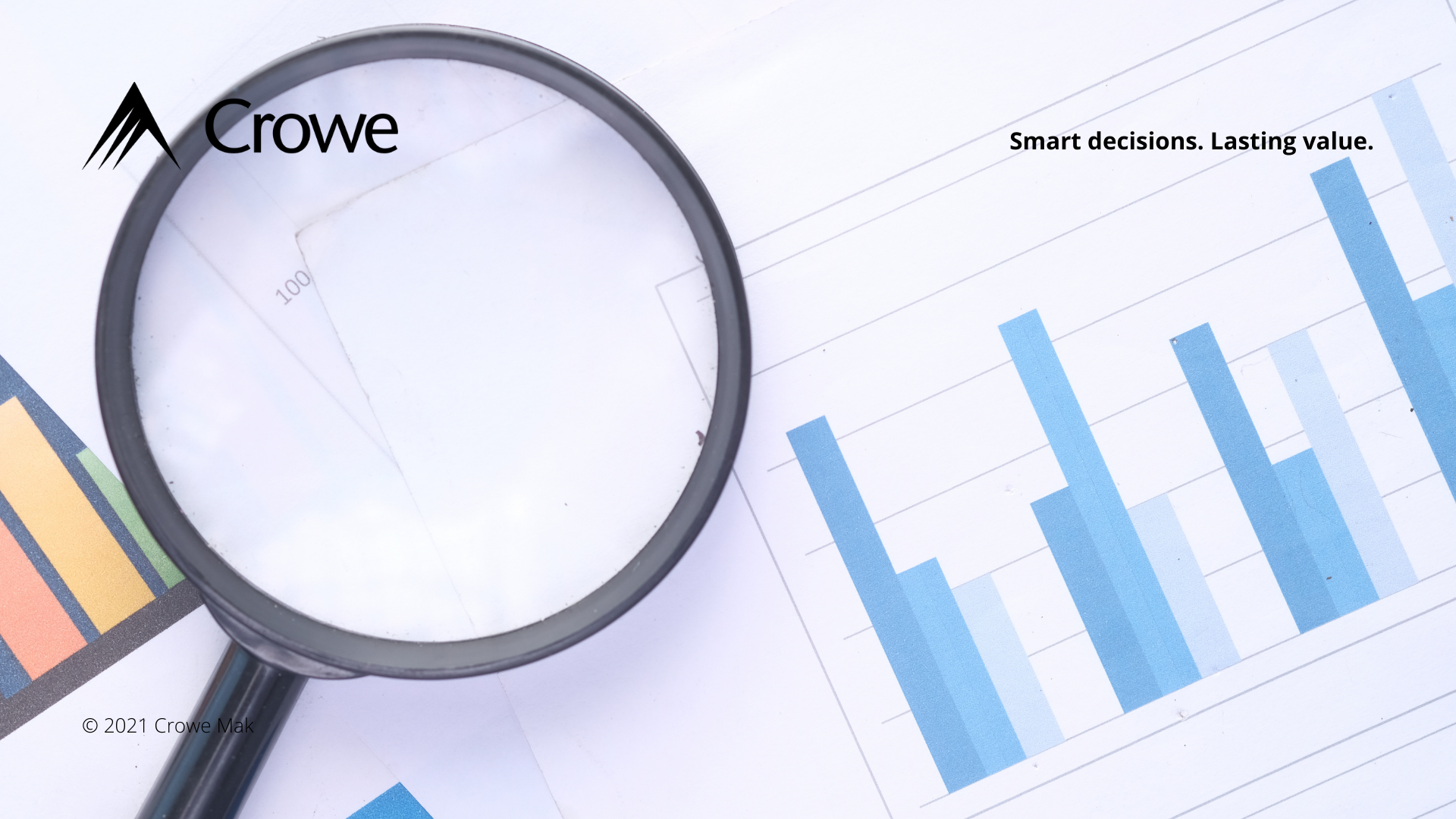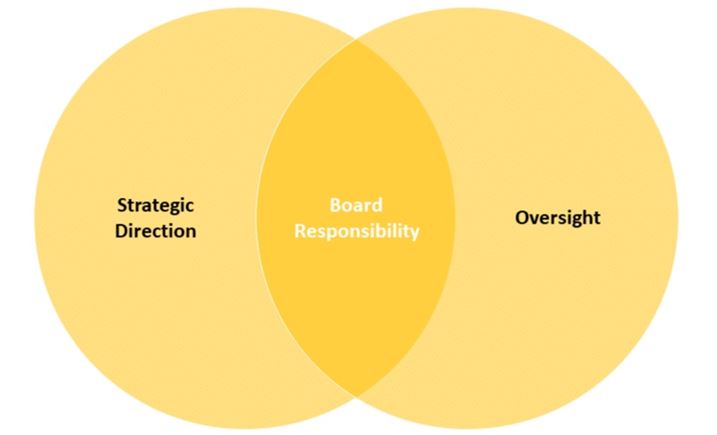Under The Magnifying Glass

There is no doubt that the lockdown situation has given us all ample opportunity for reflection and forming important habits of hygiene. This article though is to serve as a reminder that it is just as important to be more aware of your roles and responsibilities as a member of the Board, management or internal auditor.
Working in an advisory role, internal auditors focus on assessing and improving governance processes. This box needs to be checked because ultimate responsibility of oversight sits with the Board. Internal auditors have direct access to the Board, this functional reporting enables more independence and functioning, allowing internal auditors to be very robust and comprehensive.
The Board responsibility can be divided into two major components:
- Strategic Direction to determine the Business model, overall objectives, the approach to risk taking, including risk appetite and the limits to organizational conduct.
- Oversight of risk management activities performed by senior management and risk owners, and internal and external assurance activities.

Internal auditors assist in ensuring effective organizational performance management and accountability.
The Board should also take time to Identify stakeholders and determine their expectations. For instance, at the end of the year when performance, profits and other factors are consolidated, it would enhance that all expectations of stakeholders were met, not only what was assumed to be their expectations.
Initiation of fundamental changes like mergers and acquisitions, assigning & delegating to committees, evaluating risks, coordinating audit activities, setting of management remuneration, complying to bylaws, decisions of capital structure (mix of debt and equity) are very impactful and hence are the responsibility of the Board. Internal Auditors provide assurance overseeing risk management and control.
Between the oversight of Board and assurance of internal auditors, is the important role and responsibilities of management, because they are managing the day to day governance functions. Senior management determine where specific risks are to be managed, who will be risk owners and how specific risks will be managed. Management carries out board directives to achieve objectives of the Firm.
Where I would put the spotlight is that management have ultimate responsibility for promoting and setting sound ethics related objectives and program. While in-house internal auditors support ethical culture by promoting appropriate ethics and values within the organization, primary responsibility for establishing and maintaining organizational culture rests with management.
As the Board, Management and internal auditors carry out the above directives, focusing on the firm’s objectives and avoiding fraud and failures. Some even go ahead to optimize environmental, sustainable, governance. In conclusion, whichever maturity level you are at, the key is understanding of the operating structure, your role and responsibility and continuously fostering transperancy.
